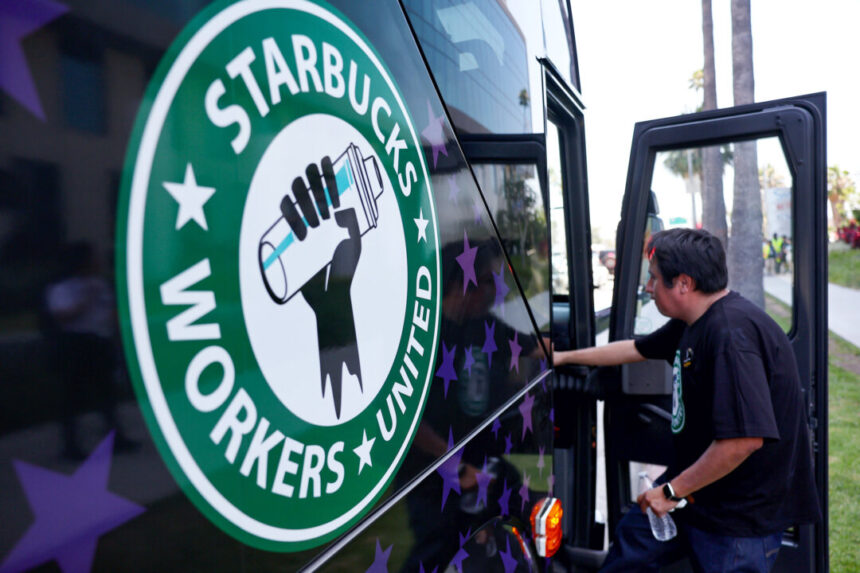The National Labor Relations Board (NLRB) has made a significant decision on Nov. 8, overturning a longstanding precedent that allowed employers broad discretion in discussing the potential impact of unionization on individual employee relationships. This ruling came in a case involving Starbucks Corporation and Workers United, affiliated with the Service Employees International Union.
The NLRB overturned the 1985 Tri-Cast, Inc. decision, which had previously considered employer statements about the effects of unionization on individual employee relationships as lawful. The new approach is in line with a 1969 Supreme Court ruling in NLRB v. Gissel Packing Co., which allows employers to express their views on unionization as long as they are based on objective facts and do not contain threats or promises.
Moving forward, the NLRB will assess employer statements about unionization impacts on a case-by-case basis, using the same standards applied to other potentially coercive remarks. Employers must ensure that any statements regarding the negative effects of unionization are grounded in objective facts and do not constitute threats or promises. Failure to adhere to this new rule may be viewed as a form of retaliation.
NLRB Chairman Lauren McFerran stated that this revised rule brings greater consistency to the Board’s approach in evaluating potentially threatening statements. By carefully examining employer predictions about unionization impacts on a case-by-case basis, the Board aims to safeguard workers’ right to freely choose union representation while respecting an employer’s right to express their views in a non-coercive manner.
The NLRB clarified that this change will only apply to future cases, recognizing that some employers may have relied on the previous Tri-Cast standard. In the Starbucks case, the NLRB found that the company violated labor law by making various threatening statements to employees in relation to unionization. Starbucks was directed to delete certain social media posts and ensure compliance with the ruling.
However, the NLRB did not find Starbucks in violation regarding claims that unionization would alter employees’ direct relationship with management. Dissenting NLRB member Marvin Kaplan argued that overturning the Tri-Cast precedent was an overreach, as the current case was an unfair labor practice case, not a representation case.
Kaplan defended the Tri-Cast standard, stating that it appropriately differentiates noncoercive statements about the effects of unionization from threats. He cautioned that overturning Tri-Cast could have adverse effects on employers when communicating with employees about unions.
Attorneys for Starbucks and Workers United did not provide comments on the NLRB’s decision. Can you please rewrite this paragraph?
Source link





